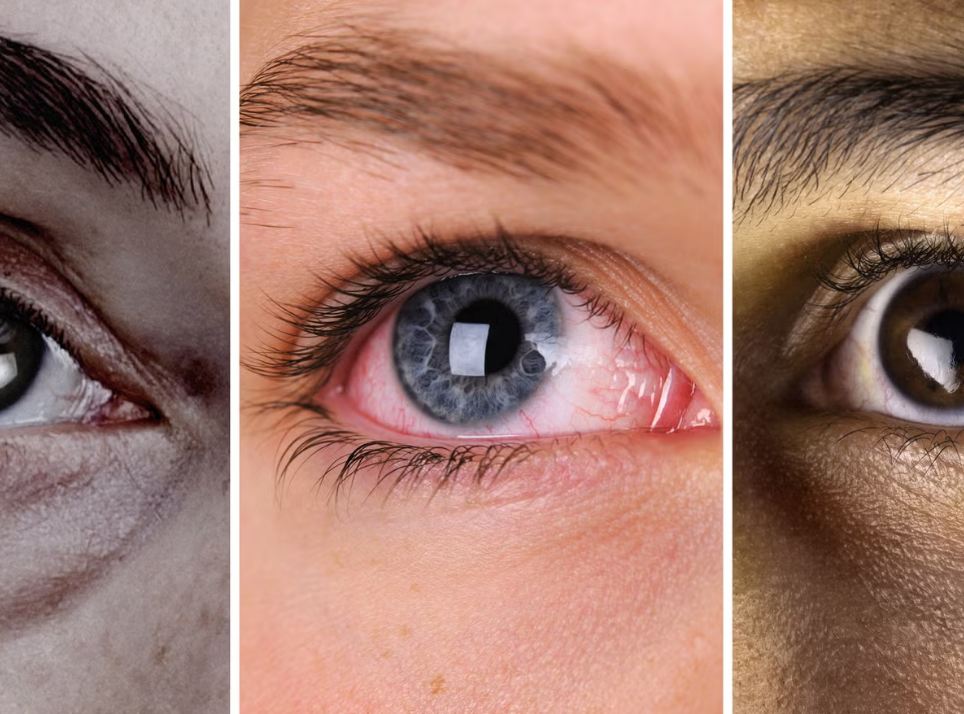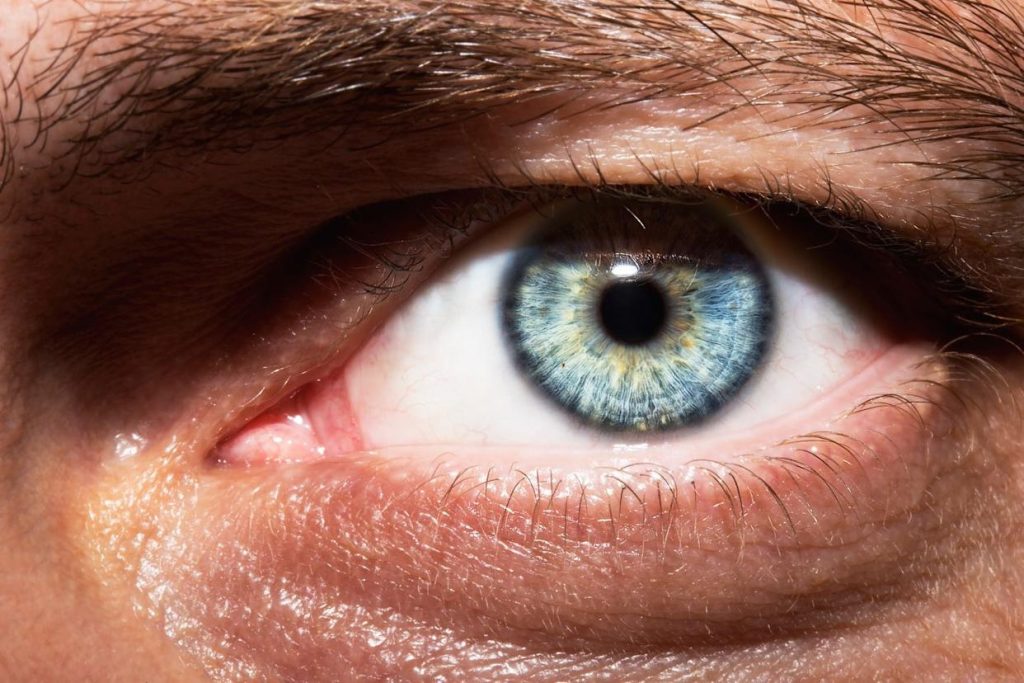Doctors have discovered that routine eye exams can reveal much more than just vision problems. Diabetes, cancer and heart disease can now be discovered by examining the eyes.
The Eyes as a Window to Overall Health
Medical professionals have long referred to the eyes as a “window to the soul,” but now, they are being recognized as a window to overall health. The retina, located at the back of the eye, contains tiny blood vessels that can reflect changes occurring throughout the body. These changes may indicate early signs of systemic illnesses — even before symptoms appear elsewhere.
Eye doctors can use non-invasive imaging tools to inspect the retina and optic nerve, providing insights into a person’s vascular health, neurological function, and more.

Conditions That Can Be Detected Through Eye Exams
A growing number of health issues are now being identified through eye exams, including:
- Diabetes: Diabetic retinopathy, one of the leading causes of blindness, occurs when high blood sugar levels damage the blood vessels in the retina. Early signs can be spotted long before patients notice vision loss.
- High blood pressure: Narrowed or leaking blood vessels in the eye can indicate hypertension, even in individuals who feel healthy.
- Cancer: Tumors, including those from breast or lung cancer, can sometimes metastasize to the eye. Eye doctors can detect abnormalities that warrant further investigation.
- Neurological diseases: Eye exams can reveal signs of multiple sclerosis and even early-onset Alzheimer’s by observing optic nerve changes or retinal thinning.
Artificial Intelligence Revolutionizing Eye Health
In addition to traditional eye exams, artificial intelligence (AI) is playing a growing role in diagnostics. Several tech companies, including Google Health, are developing AI-powered tools capable of analyzing retinal scans with high accuracy.
These AI systems are trained to identify subtle patterns and anomalies that might be missed by the human eye. They are being used to screen for diabetic retinopathy, macular degeneration, and even cardiovascular risks. Such technology is already being trialed in clinics across the U.S., U.K., and other countries.
Why Regular Eye Exams Matter More Than Ever
With this emerging research, experts are urging people to get regular comprehensive eye exams — even if they don’t wear glasses or have known vision issues. Detecting a disease early can significantly improve treatment outcomes and potentially save lives.
Eye exams are quick, painless, and increasingly accessible, making them an excellent tool for preventive care. Many optometrists now offer digital retinal imaging, which takes high-resolution pictures of the retina in seconds.
Advice From Medical Professionals
Doctors recommend adults undergo an eye exam at least once every two years, or annually for those over 60 or with existing medical conditions. Anyone experiencing blurry vision, frequent headaches, or unusual eye symptoms should see a specialist promptly.
By making eye health a priority, patients can gain insight into their broader health and detect dangerous illnesses before they escalate.

Conclusion
As science continues to evolve, the importance of regular eye exams extends far beyond just correcting vision. The eyes can now serve as early indicators of diabetes, cancer, and other life-threatening conditions. With the help of modern technology and increased awareness, eye care could become a vital part of whole-body healthcare and early disease prevention.

















